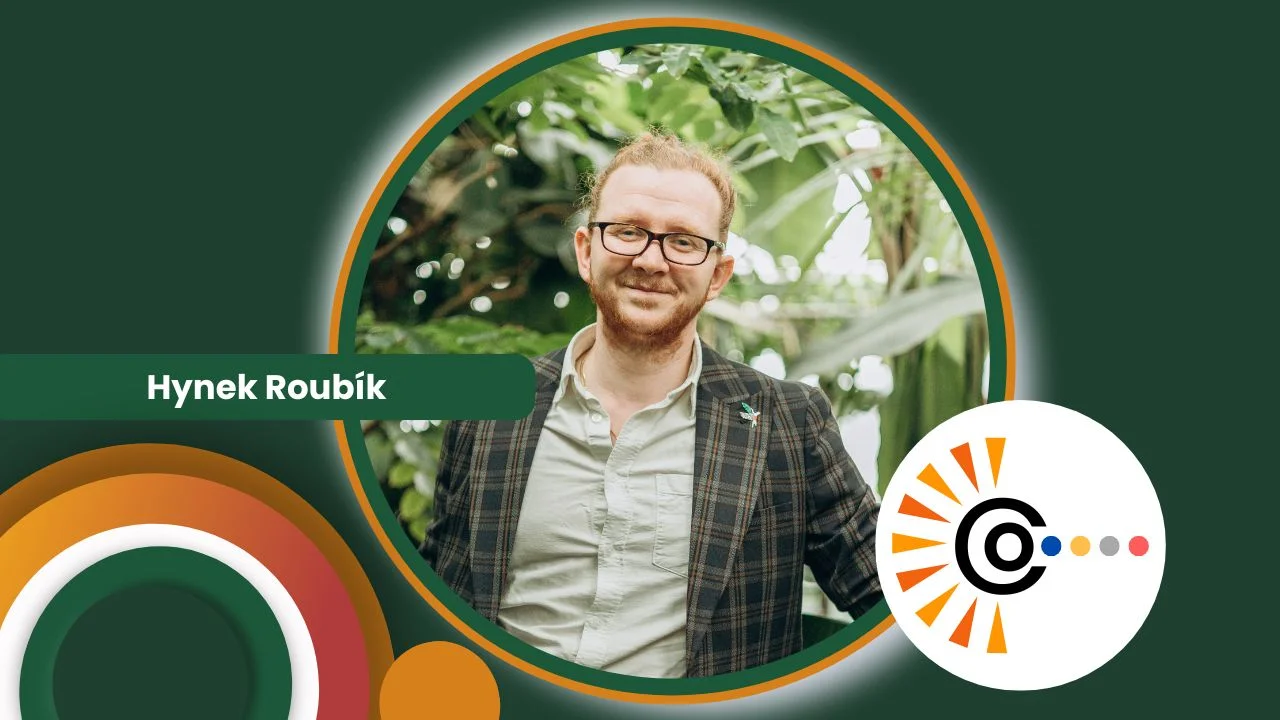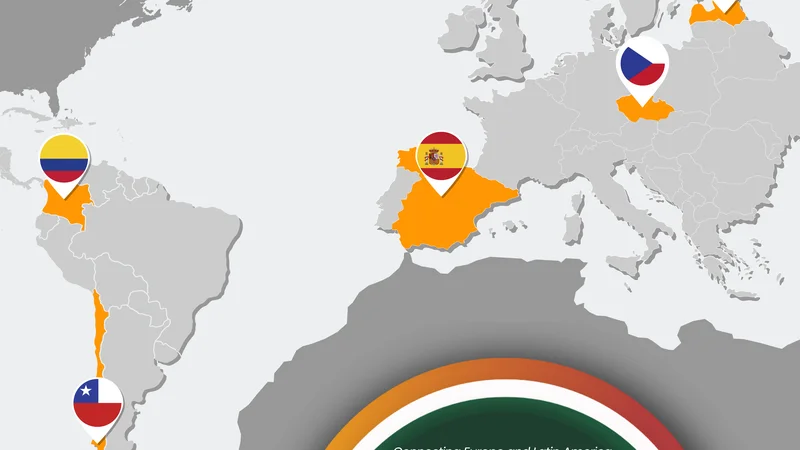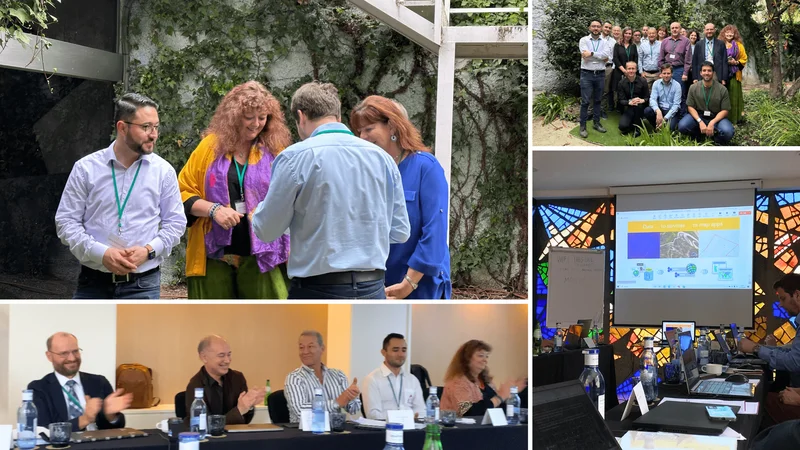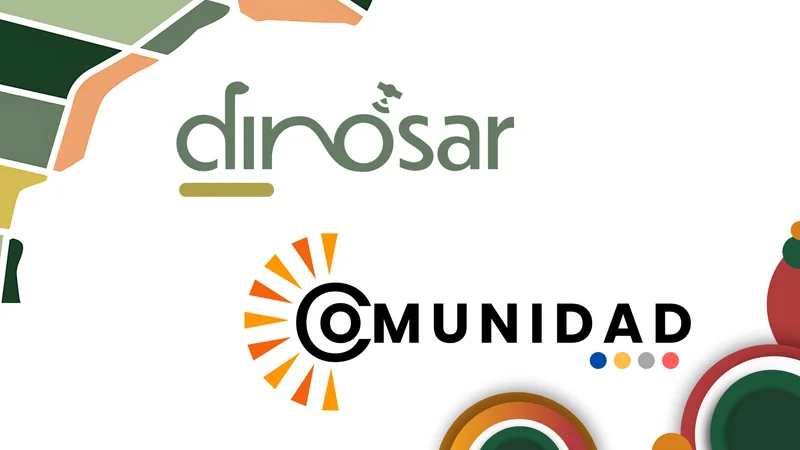The COMUNIDAD project is pleased to introduce Assoc. Prof. Dr. Hynek Roubík, Lead for the project's work packages 5 & 6, from our partner institution CZU.
He is the Dean of the Faculty of Tropical AgriSciences (FTZ) and the founder and Director of the BioResources & Technology (BRT) Division. He deals not only with aspects related to biogas but also with waste management issues in general. Assoc. Prof. Hynek Roubík participated in numerous research and development projects throughout the world as project leader or expert (i.e. Czechia, Vietnam, Cambodia, Ukraine, Uzbekistan, Georgia, Sri Lanka, Indonesia and others). He does research, especially in Waste Management, Environmental and Ecological Engineering and is an editorial board member of several journals. He is the author of over 100 peer-reviewed (indexed) research papers. He is also an editor or associate editor for several scientific journals. He worked as an expert on demand for several organizations, such as the UNDP and the European Commission. He is a member of the Research, Development and Innovation Council (R&D&I Council) of Czechia, a professional consultancy body of the Government of Czechia in research, experimental development and innovation. In addition, he is the second youngest member of the Czech Academy of Agricultural Sciences and Bioeconomy platform of Czechia and was appointed as one of the youngest associate professors in Czechia.
Within the COMUNIDAD project, he leads two pillars of implementation, Work Package 5 (WP5) and Work Package 6 (WP6), which are central to the platform's technical development and its visibility across stakeholder communities.
WP5 is dedicated to the design, development, and refinement of the COMUNIDAD digital platform. This includes the platform's initial setup, based on the user requirements collected during WP2 and the technical architecture outlined in the same phase. He oversees the internal testing process and the preparation of the platform's early-release version, which is used during project workshops and hackathons. Based on the insights gathered through these collaborative activities and pilot use cases, WP5 also manages the final development phase, ensuring that the platform is fit-for-purpose, user-friendly, and responsive to the real needs of end users across Latin America and Europe.
At the same time, WP6 focuses on the communication, dissemination, and stakeholder engagement strategy of the COMUNIDAD project. Under his leadership, WP6 works to enhance awareness and understanding of the project's goals, tools, and outcomes among diverse user groups, from scientists and developers to policy-makers and community leaders. A critical aspect of this work is to ensure interoperability and strategic alignment with major European and international platforms and programs, such as Climate-ADAPT, Copernicus, and relevant CELAC initiatives, including the Joint Initiative for Research and Innovation (JIRI), the EU–LAC Dialogue, EurosociAL, and the Chile–EU STI Initiative.
This work package also ensures clustering and coordination with other related EU-, national-, and regionally-funded projects, strengthening synergies and avoiding duplication of efforts. In addition, it introduces and drives forward the project's exploitation strategy, focusing on long-term stakeholder engagement, community building, and the uptake of project results by the scientific, policy-making, and innovation ecosystems across both Europe and Latin America.
Within this video series, we captured valuable insights from each consortium member, offering their perspectives and roles in the COMUNIDAD project.
Stay tuned for insights from other consortium members, and follow us on social media, where we share regular updates on the COMUNIDAD project outcome!




Existing Comments